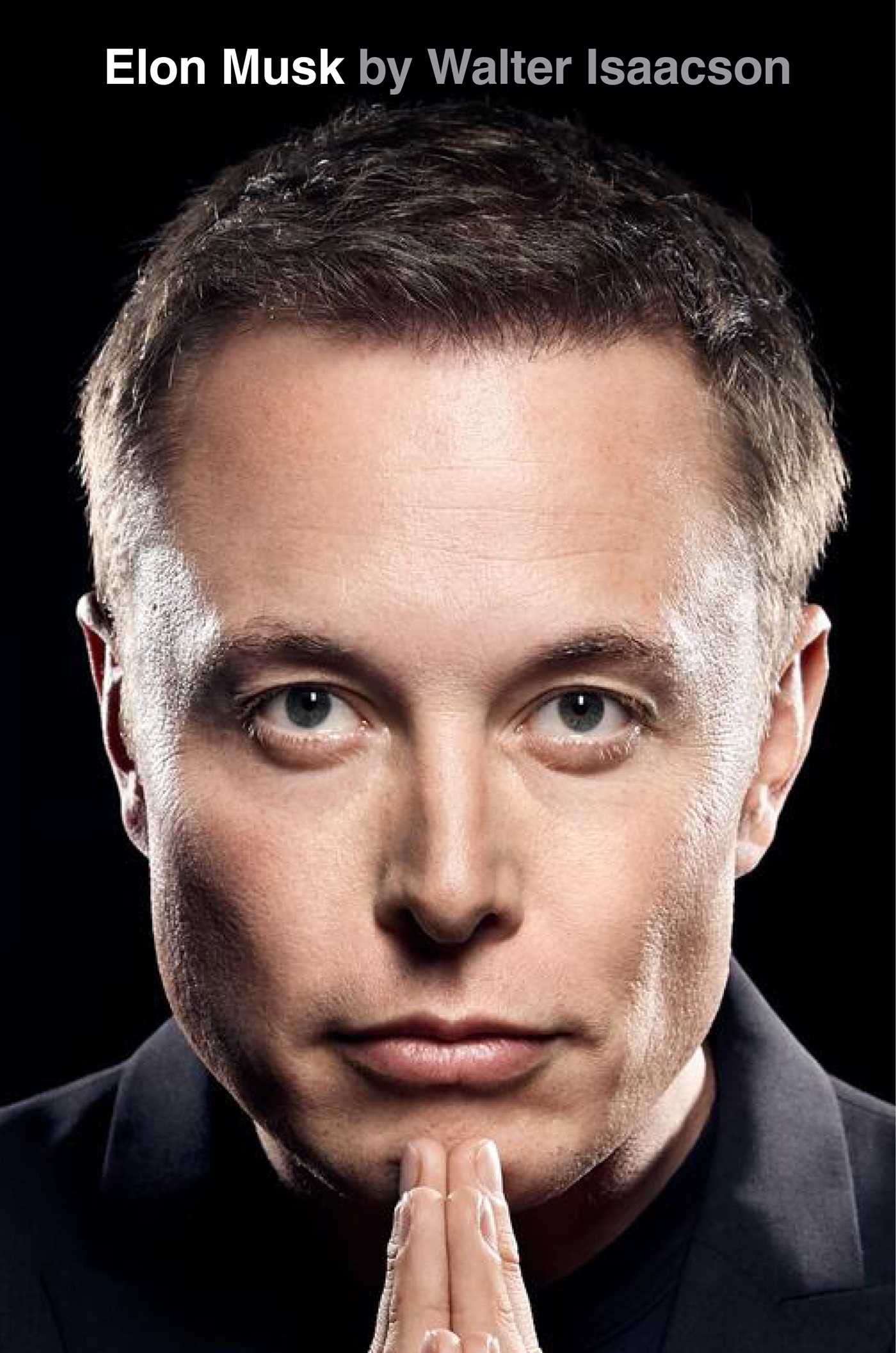8. Penn
byPenn became a transformative period in Elon Musk’s life, shaping both his intellectual growth and entrepreneurial ambitions. In 1992, after feeling academically unchallenged at Queen’s University, he transferred to the University of Pennsylvania on a scholarship, seeking a more rigorous and stimulating educational environment. His choice to pursue dual degrees in physics and economics reflected his dual passions—understanding the fundamental forces of the universe and learning how to leverage business principles to drive innovation.
Musk quickly found a niche among intellectually curious peers at Penn, forming friendships that would play a crucial role in his early development. One of his closest companions was Robin Ren, a Physics Olympiad winner from China, who shared his enthusiasm for pushing the boundaries of scientific exploration. Their collaboration in the physics lab exposed Musk to complex engineering challenges, fueling his growing interests in fields that would later define his career—renewable energy, electric vehicles, and space travel.
His fascination with energy solutions went beyond theoretical discussions; he saw renewable energy as a vital solution to the world’s dependence on fossil fuels. His senior paper, titled “The Importance of Being Solar,” outlined a vision for large-scale solar power generation, demonstrating his early commitment to sustainable energy. Though written in an academic setting, the ideas in his paper would eventually materialize in his future ventures, including Tesla’s solar energy division and SolarCity, a company dedicated to making solar energy more accessible.
Despite his rigorous academic schedule, Musk also demonstrated an entrepreneurial mindset, finding unconventional ways to earn money. Alongside his roommate Adeo Ressi, he transformed their off-campus house into an unofficial nightclub, hosting large parties and charging entry fees to generate income. These events not only provided a financial boost but also revealed Musk’s ability to identify business opportunities, manage logistics, and create demand—skills that would later prove invaluable in his startup ventures.
Musk’s interest in real-world applications of science extended beyond his coursework, as he constantly sought out ways to apply his knowledge to pressing global issues. He was deeply intrigued by technologies that could fundamentally reshape industries, such as electric vehicles and space exploration, believing they held the key to humanity’s long-term survival. Unlike many of his classmates who were focused on traditional career paths in finance or consulting, Musk was determined to pursue a future where technological breakthroughs could address society’s biggest challenges.
His time at Penn reinforced the mindset that would define his career—one that rejected incremental progress in favor of bold, transformative ideas. He was never content with conventional solutions and instead sought to reimagine entire industries, a pattern that would later emerge in companies like Tesla and SpaceX. Even as a student, he displayed a relentless drive to challenge established norms, questioning why industries like energy, transportation, and space travel had remained stagnant for so long.
Musk’s Penn years were instrumental in shaping his belief that success required both technical expertise and business acumen. He recognized that having a groundbreaking idea wasn’t enough—it had to be paired with a strategic approach to execution. This realization would guide him in future endeavors, ensuring that his innovations weren’t just visionary but also commercially viable, allowing them to scale and make a real impact on the world.
Beyond academics, Musk’s time at Penn also strengthened his ability to navigate uncertainty, an essential skill for any entrepreneur. Whether it was turning a college house into a business venture or developing futuristic ideas in the physics lab, he learned to embrace challenges as opportunities for growth. This problem-solving mentality would later help him overcome significant obstacles in the startup world, from the financial struggles of early Tesla to the near-failures of SpaceX.
Looking back, his experiences at Penn were more than just a stepping stone; they were a foundation that set him on the trajectory to becoming one of the most influential innovators of the modern era. The combination of rigorous scientific inquiry, entrepreneurial experimentation, and ambitious vision planted the seeds for his future success. It was during these years that Musk’s defining characteristics—his relentless curiosity, his ability to identify market gaps, and his drive to challenge conventional thinking—began to take shape, ultimately preparing him for the groundbreaking ventures that lay ahead.


